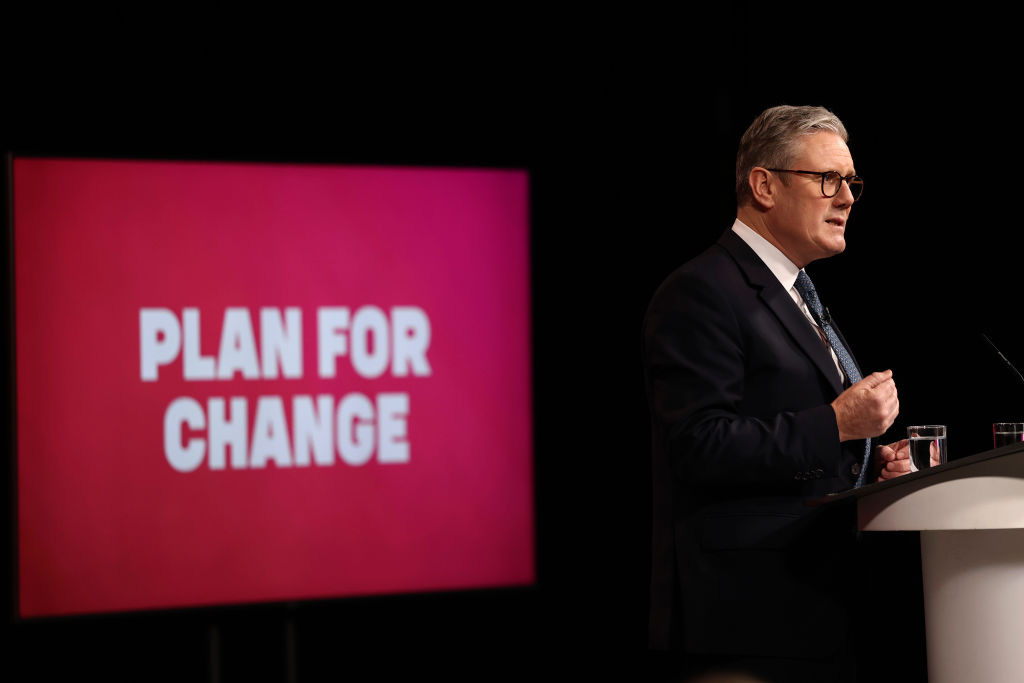I’ve been at a number of events recently in which smart technocrats from top universities and think-tanks set out solutions to the varying problems of the British state. Followed immediately by more politically-minded attendees explaining why these ideas are all totally incompatible with ever winning an election again.
This is, of course, not a new problem. Policy thinkers have always despaired about the irrationalities of politics. If only we could get rid of those pesky voters we could fix everything (of course some countries have tried that too and it hasn’t worked out all that well).
But in recent years governments have been increasingly paralysed by the disconnect between what experts are telling them to do and what the public seem to want. Look across almost any policy area and you see the problem.
All of the big ideas for growth, many of which were helpfully listed for us in a guest post by John Kingman, risk deep unpopularity. NIMBYs and environmentalists will fight back against planning changes and big infrastructure projects. There’s no desire to reopen the Brexit arguments, even if Leavers are disappointed with the outcome to date. So that’s out.
Changes to our shambles of a tax system, even if done in a cost neutral way, always lead to louder squeals from losers, plus it’s politically easier to load costs on to businesses in an attempt to protect “pay slips” even if it does greater harm to the economy. Fuel duty will fall away as electric vehicle take-up rises but road-pricing is considered politically toxic, even if it would unlock plenty of private investment to restore our road network.
The same is true for other topics. Take climate change. Though the public do worry about it, and support net zero in principle, there is extreme nervousness about loading costs on to households. We’re nowhere near on track to achieve the net zero target, and ministers are under pressure to row back on decisions like stopping the sale of non-electric cars from 2030. Given other governments are in the same position, it’s getting harder to push forward meaningful global agreements on climate, or use this as a justification for harming domestic consumers.
What about public services?
Keep reading with a 7-day free trial
Subscribe to Comment is Freed to keep reading this post and get 7 days of free access to the full post archives.




